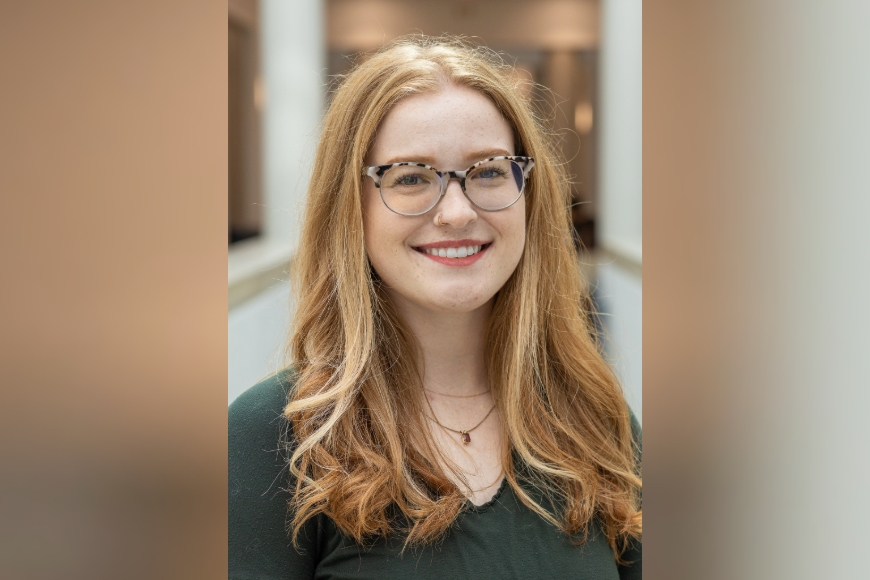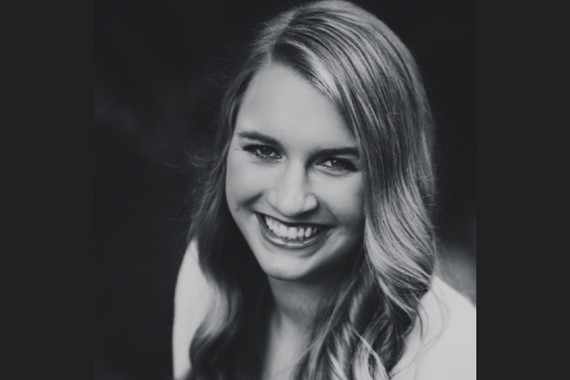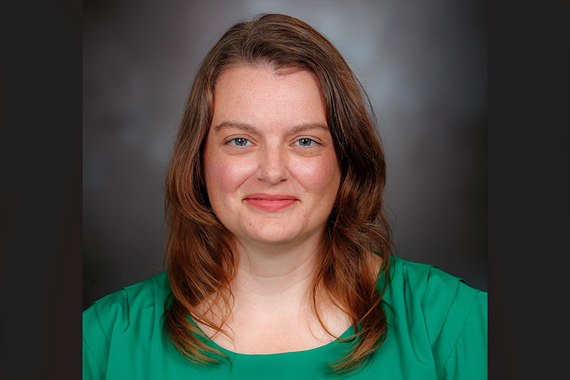Let’s Talk: The Culture of Medical Communication
Writing studies PhD student Amy Harbourne is advocating for a more humanistic approach to medicine. Her own experiences with women’s healthcare issues have become the basis of her current work, and she envisions a future with more compassion from medical professionals.
What do you study and how did you become interested in it?
I study the rhetoric of medicine and the primary interest for myself and many in this field is not just how communication in the medical field is happening, but why and what can change about it. My parents are in the medical field and I have had a lot of personal interactions with medical professionals due to my own medically complicated make-up, which always had me critical about the way I was being spoken to, interacted with, what I was given or not given, and having to advocate for myself as a young woman.
My research focus is the communication of birth control and sterilization options to women across the US. The experiences are so varied in some ways and yet have maintained a paternalistic theme in most cases which tells me that this behavior isn't idiosyncratic but institutional. Going into this area of study felt like the logical step for me as someone so deeply interested in the rhetorical effects of medicine.
What questions and ideas are you most interested in exploring right now? What problems does your work seek to address?
I am most interested in what ways we can encourage medical professionals to engage more humanistically with their medical studies. This is such an important consideration, especially when it comes to marginalized communities seeking care despite the systematic and long history of medical mistreatment. I believe that the medical field and professionals owe it to us all to lean into humanistic values rather than solely rely on rote memorization and intellectual superiority.
Tell us about a current or recent project you've been working on.
My current work is an autoethnography [a research practice that is self-reflexive and connects the analysis and literature to a researcher’s personal experience] of seeking an elective sterilization in three states: Texas (when I was getting my BA), Pennsylvania (when I was getting my MA), and Minnesota (present time).
I talk about the kind of treatment I received when asking to be sterilized as an alternative to birth control or accepting motherhood as a predestined place for myself. The way doctors engaged with me was a clear reflection of the socio-political climate, which isn't a surprising conclusion. It isn't meant to be surprising.
What is important to learn from this is that these experiences need to be discussed widely and in detail if we are going to successfully make any changes in the care, respect, and autonomy of women seeking health care. I have, as of June, removed my fallopian tubes and fully recovered from the surgery.
Are you involved with any community-engaged projects or experiences? Who are you partnering with and what are you learning and doing?
I am one of the Bargaining Committee members for the UMN Graduate Labor Union. We meet with the University's representatives biweekly to discuss a contract for all graduate workers. I have learned that there is a deep misunderstanding by higher administration of the kind of labor that graduate student workers perform. I've also learned so much about contract negotiations, mutual aid, and community action. I had the pleasure of meeting other graduate workers from departments and programs I would never otherwise encounter and collaborating with them to win a fair contract for graduate workers at the University.
As of now, I am putting much of my effort into gathering CLA graduate workers together more often so that we can have more interdepartmental collaboration and friendships across the University and know that we are supported and have a strong community of others to rely on.
This story was edited by Sally Adams, an undergraduate student in CLA.



